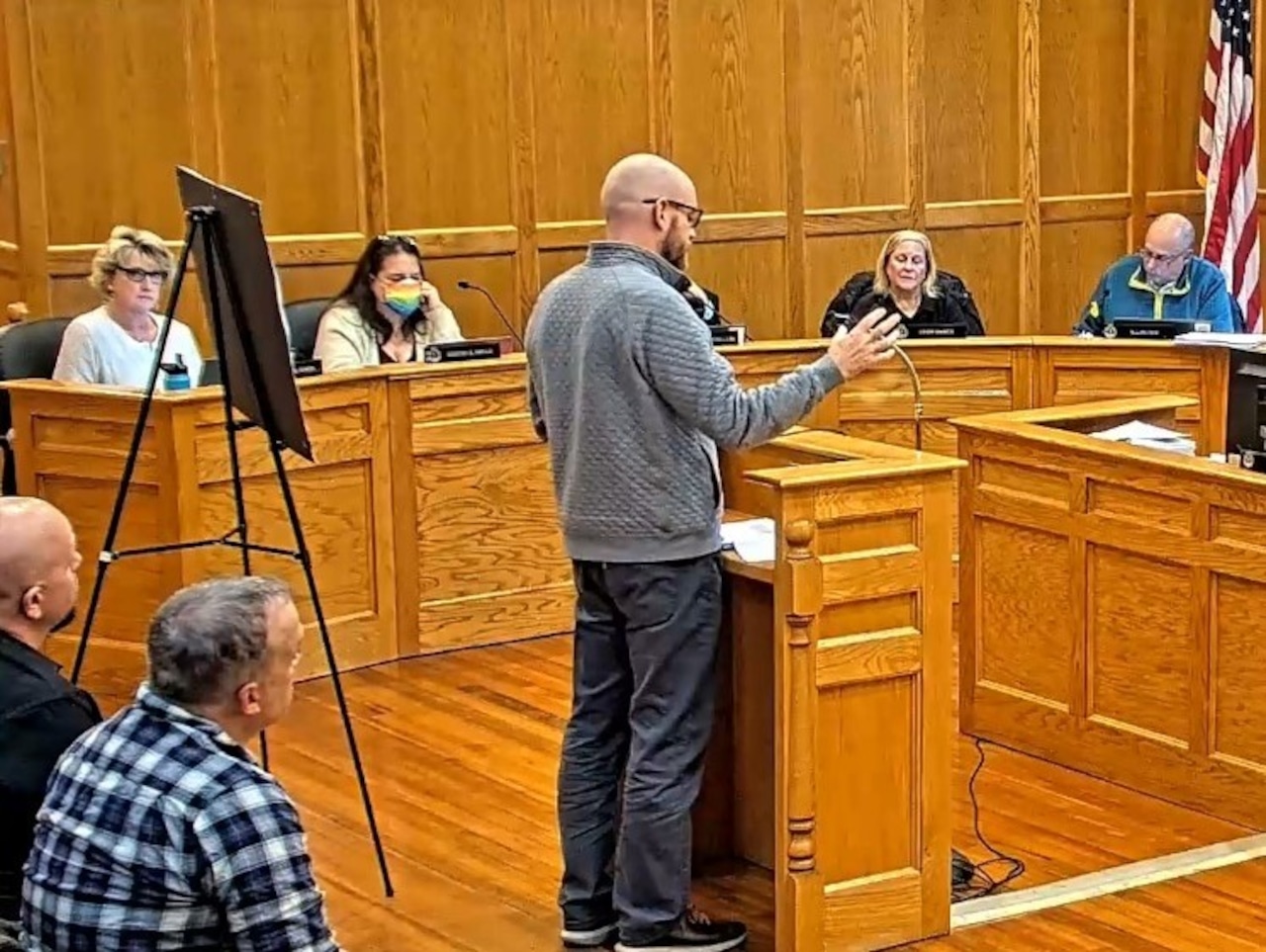
Dear Eric: I have a cousin who recently told me that he is “in love“ with a woman in a foreign country and plans to get married. He would have to fly over to her country and get married, leaving behind his son, grandson and mother, who is in a nursing home.
He has never actually met this woman, and I am concerned that the whole thing is a scam. I found out the country is one where foreigners can’t have any property in their name, so anything he would buy would be only in her name. What should I say to him? I don’t want to crush him.
— Concerned Cousin
Dear Cousin: You’re right to be concerned. Romance scams are quite common. Often, they start online, with the scammers professing love quickly, suddenly needing money and then vanishing. It’s a huge red flag that your cousin’s relationship requires him to leave the country and get married. I know you don’t want to crush him, but he could be in real danger and a bruised heart is the better option.
First, be upfront about your concerns and your reasons. Use the FBI romance scam section to walk your cousin through any similarities in his life. Ask him for photos of his fiancée and do a reverse image search using Google or another search engine to see if they’re stock photos, or if they’re associated with another person. Ask him to talk you through his plan for his family, for his mother’s care and his plan after getting married. Be probing but kind.
Loneliness is a major problem for many adults, especially as we get older. Assure him that he’s not wrong for wanting companionship. Tell him that, if this is a scam, it doesn’t mean he’s not worthy of love in real life. Remind him that he’s not alone. According to the Federal Trade Commission, there were more than 64,000 reported romance scams in 2023, raking in $1.14 billion dollars. These numbers don’t take into account the personal turmoil that can result.
Ask your cousin to slow down the relationship for his own safety and that of his family. If he’s insistent and you still have concerns, you can also report the suspected fraud to the FTC or the FBI’s Internet Crime Complaint Center.
(Send questions to R. Eric Thomas at eric@askingeric.com or P.O. Box 22474, Philadelphia, PA 19110. Follow him on Instagram and sign up for his weekly newsletter at rericthomas.com.)
©2024 Tribune Content Agency, LLC.






